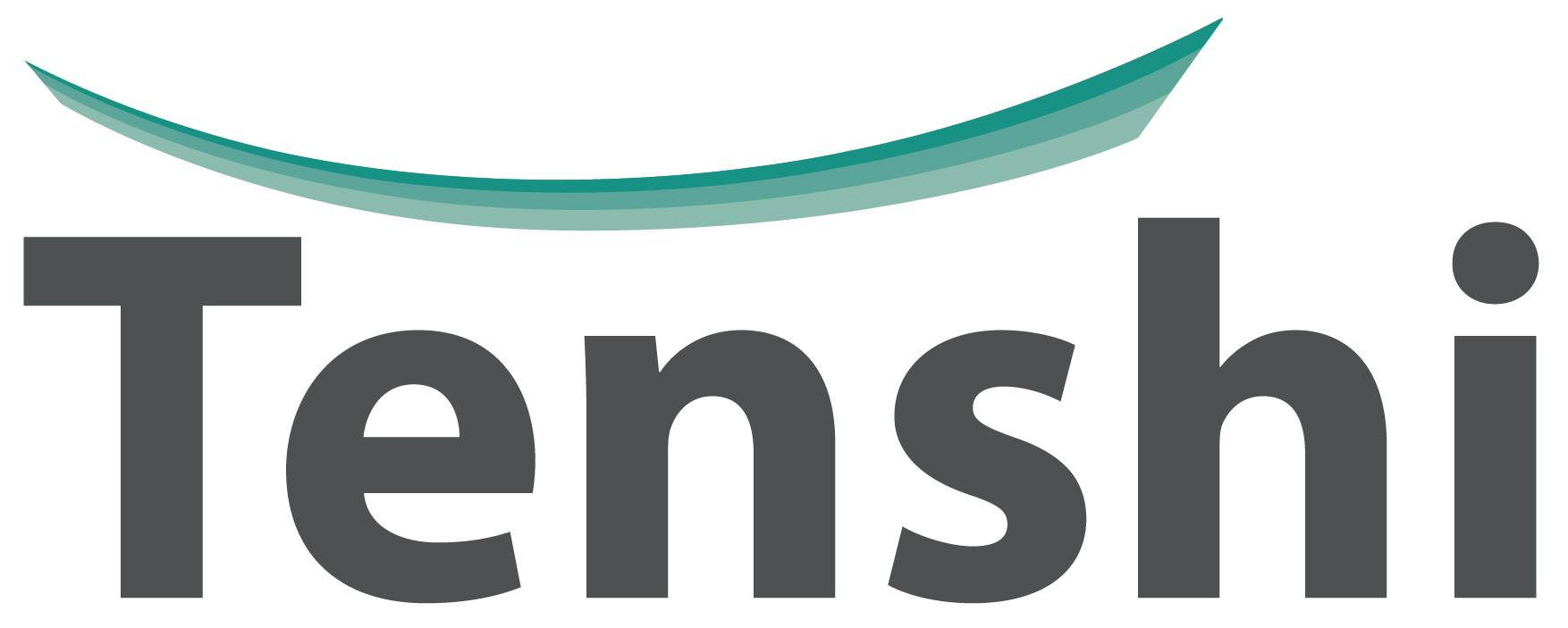Companies and organisations looking to engage with digital innovation have a number of tools available to them in order to reach outside their internal research and development teams and engage with small, agile companies. In recent times two of the most popular ways to do this have been either through an ongoing accelerator program or one off hackathon events. However, we believe that the use of the challenge based contest model can provide more long term innovation solutions and build the foundations for ongoing commercial relationships.
Let’s look at these three innovation tools in terms of the tangible outputs they can provide.
Hackathons
Hackathons are usually one off events in which software engineers and others related to the development process come together to work on a particular topic or problem. Hackathons are a good way to promote rapid ideation and the aim is generally to finish the event with a prototype, commonly referred to as a minimum viable product (MVP). This MVP is then taken forward for further development. There is generally a competitive element to the day with the winning team taking home a prize.
Whilst hackathons provide a quick way to find solutions to an innovation problem it does not outline the way to take these solutions forward to produce a fully commercially viable product after the event. This rapid nature also means that it can be difficult to put forward more complicated challenges especially for industries where specialist knowledge is needed in order to create a successful product.
Accelerators
An accelerator program involves an organisation providing a workspace and specialised support for startup companies working in their industry or an industry they are looking to penetrate. There is normally a competitive aspect to pick the most promising and relevant startups who are then provided with a set amount of funding, office space and some form of mentorship or business advice traditionally in return for an equity share of their company but this is becoming less common.
Accelerators help organisations to gain a broad understanding of the most cutting edge work happening in their industry and may give them an advantage over competitors with new products or service development. They provide a broad spectrum view of the innovation landscape but are not the right option for a company with a more clearly defined innovation problem which they are looking to solve.
Challenge based contests
Challenge based contests involve a company setting out an innovation problem which they have for starts ups and SMEs to solve. Applicants are asked to outline an idea of how they would solve this problem and the winning company is given funding to produce a pre-commercial prototype before trialling it with the challenge patron.
This method of innovation produces highly successful results as it plays to the strengths of both parties and allows them to co-create a solution. For the winning business the expertise and guidance of established industry veterans can be instrumental in building a successful product. For the larger organisation this process allows them to help shape product development and the trial provides a low risk way of trying out new ideas. Working with a startup and learning from the way in which they work can also enrich internal innovation initiatives.
Aside from these unique benefits this form of innovation also provides a number of the same advantages that other processes provide. For example, the open competitive element of the process allows a thorough exploration of the landscape. Working closely with the winning startup encourages forward thinking and provides good company PR positioning the organisation as an innovation leader within their sector.
Whilst there are strengths to all of these innovation processes we believe that challenge based contests provide the most concrete business results for all stakeholders.

